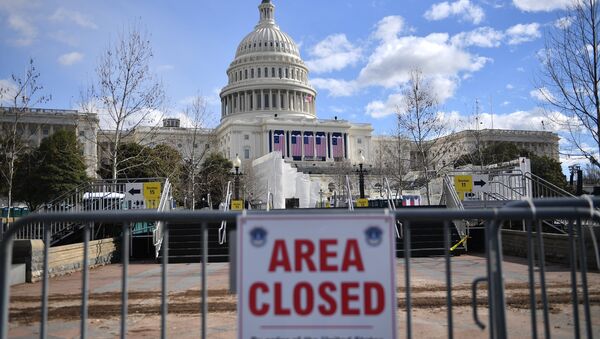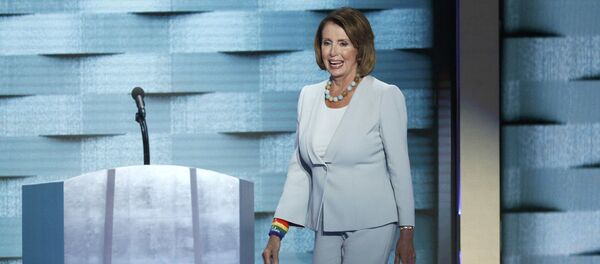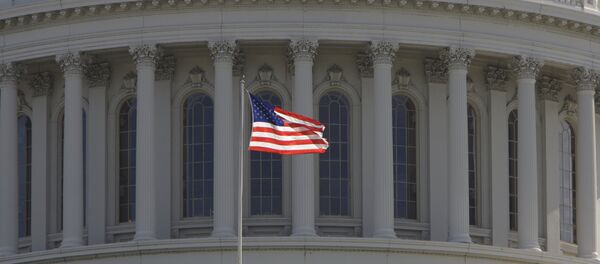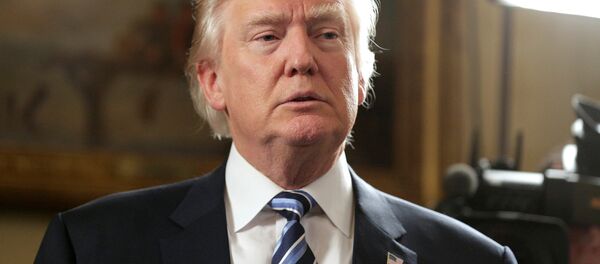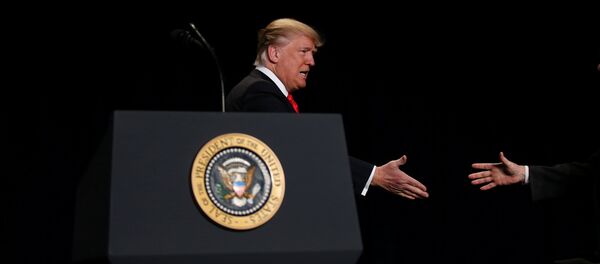The Russia Review Act would require the White House to explain to Congress the reasons behind lifting any of the sanctions, and would trigger a 120-day review period, according to CNN. Trump’s administration would require the consent of both the House of Representatives and Senate before any of the sanctions could be lifted.
Commenting on the move, Sen. Rubio pointed out that normalization between Washington and Moscow would be good but lifting sanctions without conditions being met would be counterproductive.
"I think it would be good for the world if the United States and Russia had a better relationship, in particularly with the Russian people with whom we have no quarrel. Do the Russian people want a better relationship with America? I have no doubt about that," Rubio said Wednesday.
Any bargain with Russia, however, that would involve the lifting of sanctions would be "unrealistic and counterproductive,” if relief requirements are not reached, the senator added.
'Bargaining Chip'
The legislation is unlikely to be passed, but even if it becomes law it may be a "bargaining chip" in relations between the US president and Congress, according to Grigory Yarygin, a lecturer at the Department for American Studies, the St. Petersburg State University.
"The President plays the key role in US foreign policy. As for this initiative, even if it is passed it may be used as a bargaining chip. Congressmen may try to blackmail Trump, in a bid to adjust his policy. They will play this card, but this initiative is unlikely to win massive support," Yarygin told Radio Sputnik.
The expert suggested that no matter what congressmen will not be able to make an independent decision on anti-Russian sanctions.
He pointed out that the recent initiative is just another round of the standoff between the White House and Congress.
"The situation is playing in Trump’s hands. He’s gaining a reputation of an anti-establishment leader. He’s struggling, and he will score points. He may also win support from those who didn’t like him before," the expert said.
Congress’ Veto and Trump’s Argument
"In terms of the separation of powers, there are two kinds of sanctions imposed by the US against Russia. Sanctions of the first type were introduced by Congress, signed by [former President Barack] Obama and became law. They can be removed only by Congress. Sanctions of the second group were enacted by the president’s executive orders and can be lifted by the president," Drobnitsky said in an interview with RT.
According to the expert, the recent initiative relates to sanctions imposed by Obama. Congress has several options to prevent them from being removed.
"Congressmen could include those sanctions in a bill and pass it unilaterally. In this case, Trump would not be able to remove them with a stroke of his pen," he explained.
"If Trump has to answer before Congress he would say: 'I’m not going to lift sanctions right now. But I will need the right to do that for negotiations with [Russian President] Vladimir Putin. I need room to maneuver,'" the expert said.
He suggested that such an argument is likely to work out because having such a trump card as the possibility to lift sanctions will help Washington come to an agreement with Moscow, including on fighting terrorism.
'Washington Swamp'
Sergei Sudakov, a professor at the Academy of Military Sciences, said that the current standoff over anti-Russian sanctions between Congress and the White House was predictable because Trump still cannot find common ground with the US establishment.
According to the analyst, recently the struggle between Trump and his opponents have entered the decisive stage.
"If he fails to gain a victory over his opponents he will become the most ineffective US president because he will exert himself to confront with Congress," Sudakov said.
He also suggested that during his presidency Trump is likely to face more efforts from the establishment to undermine his policy, including towards Russia.
Never miss a story again — sign up to our Telegram channel and we'll keep you up to speed!
